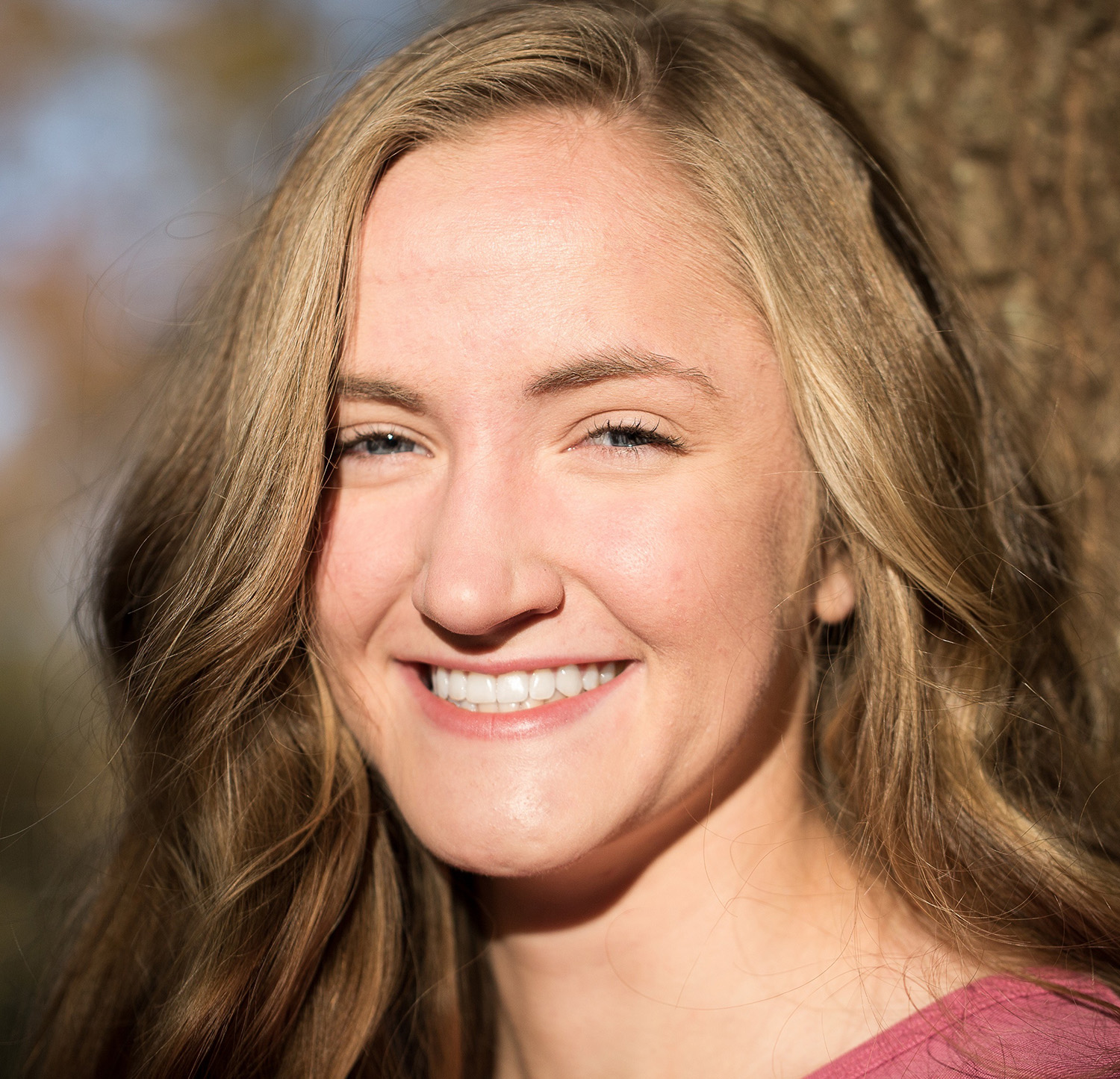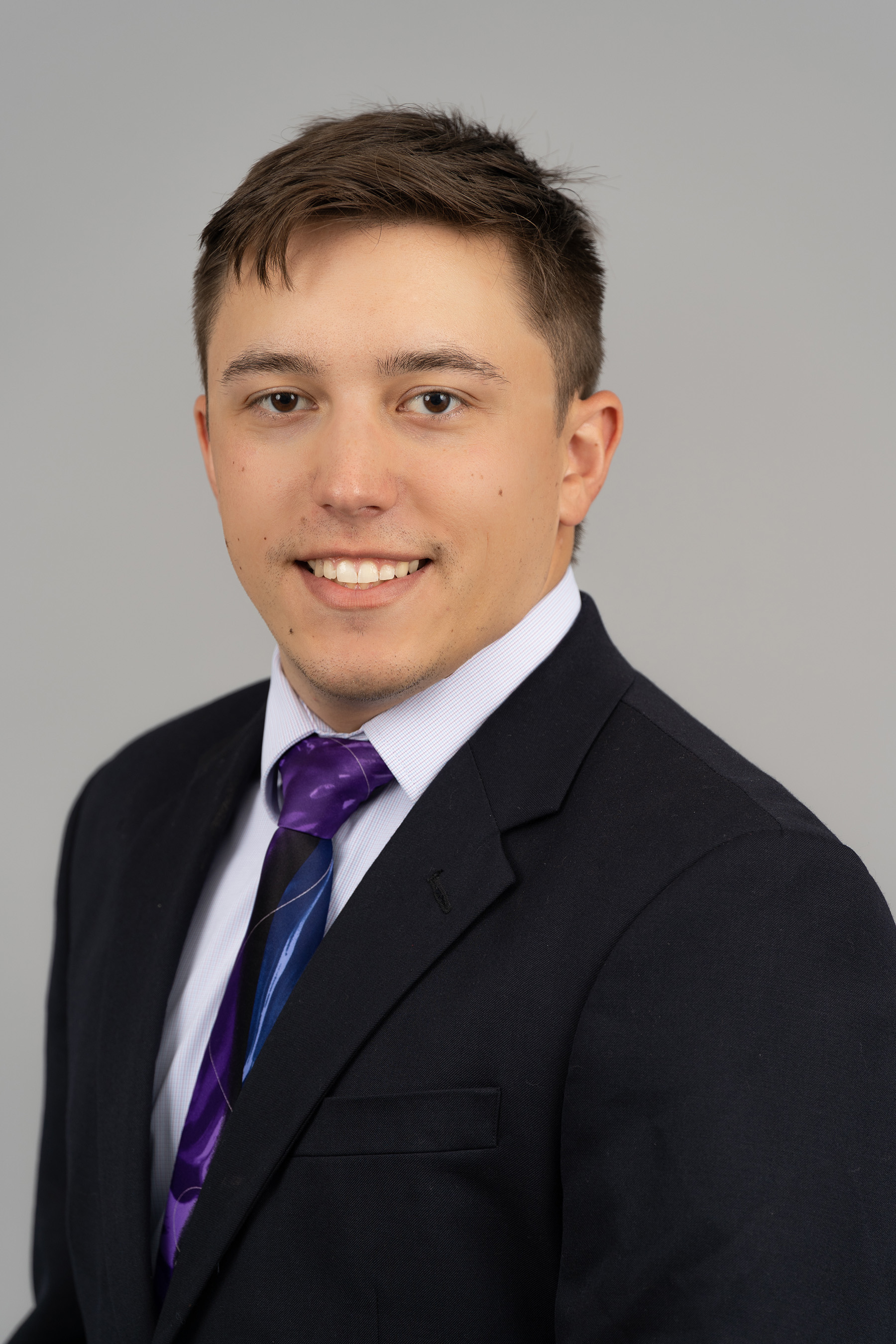Spring 2023 Symposium of Student Scholars Live Blog
KENNESAW, Ga. (April 18, 2023) — The Office of Undergraduate Research at Kennesaw State University is hosting its Spring Symposium of Student Scholars this week, in which undergraduate and graduate students present their research projects through poster sessions, oral presentations, and virtually via Microsoft Teams. Click here for more information on the symposium schedule and program.
— David Roberts, Victoria Tucker, Tania Farhoudi
The Male Memory of Myth: Rewriting History in Greek Girls

Student: Mercy Mondt
Research Mentor: Tom Fish and Margaret Baldwin Pendergrass
Tuesday, April 18 — 3 p.m.
Mercy Mondt’s experience studying Greek Theatre in Greece inspired her project focusing on women in Greek theater. The more she learned about it, the more she fell in love with how the artform and how it engaged with difficult questions. However, she also grew frustrated with the way it presented women.
“Every depiction of women from Ancient Greece that we have today is filtered through a man's perspective,” Mondst said. “These stories about women were put into plays authored by men, which were performed by men, to an audience of only men. At no point were women given the opportunity to comment on or critique how they were being presented.”
Greek Girls was written and directed by Mercy Mondt and combines classic scenes from Greek Theatre with a chorus of the Muses commenting on their actions. With the help of faculty advisors and the cast, Mondt wants to tell important, compelling, and beautiful women’s stories.
Mondt is an undergraduate student majoring in theater and performance studies.
Molecular Dynamics Study for Tritium Adsorption on Novel Materials

Student: Jason Viscardi, Benjamin Robinson, and Asher Flanagan
Research Mentor: Jungkyu Park
Tuesday, April 18th — 3:40 p.m.
The research team of Jason Viscardi, Benjamin Robinson and Asher Flanagan researched the control and storage of hydrogen isotopes, which is very difficult to do based on their minuscule size. He chose this project based on the recommendation from his directed study professor.
Through this fascinating learning experience, he made large improvements in the efficiency of the systems he created, and he hopes to continue to utilize new material configurations and novel materials to further his research.
Viscardi is an undergraduate student majoring in mechanical engineering.
Ab initio Calculations of Vibrational Spectra of Model Peptides
Student: Katheryn Foust
Research Mentor: Martina Kaledin
Thursday, April 20 — 11 a.m.
Katheryn Foust is investigating the structure and functions of the peptide bond (-CO-NH-), hoping to copy the methods used to study larger, more complicated bonds in the future. Foust describes the peptide bond (-CO-NH-) as an important binding pattern in biochemistry because of its ability to link together amino acids, specify rigidity to the protein backbone, and include two essential docking sites for hydrogen-bond-mediated protein folding and protein aggregation.
In this study, Foust is testing the computational efficiency and accuracy of various computational methods and basis sets that will be used later to generate potential energy surfaces, dipole moments, and polarizability tensors.
Foust is an undergraduate student majoring in chemistry.
Supercomputer Architecture Exploration for Zettascale Computing
Student: Gabe Livengood and Meghana Gotety
Research Mentor: Bobin Deng
Thursday, April 20 — 1 p.m.
Gabe Livengood and Meghana Gotety’s project, ‘Supercomputer Architecture Exploration for Zettascale Computing,’ is focused on helping the United States maintain leadership in high-performance computers by exploring potential system architectures for the next generation of supercomputers in the zettascale era.
Supercomputers are often categorized by their floating-point operations per second (FLOPS). Exascale supercomputers, which can reach 1018 FLOPS, are able to process information much faster than today’s most powerful supercomputers and can help solve more complex problems.
Livengood and Gotety completed this project with the help of KSU’s high-performance computing infrastructure, using an open-source computer system simulator called a Structural Simulation Toolkit (SST) to explore code structure and development environment.
Livengood and Gotety are undergraduate students majoring in computer science.
Detecting Bacterial and Viral Pneumonia in Chest X-Ray Images Using Deep Learning (graduate)
Student: Burak Kure
Research Mentor: Md Abdullah Al Hafiz Khan
Thursday, April 20 — 2 p.m.
Burak Kure’s research is focused on identifying pneumonia more rapidly and accurately, using a chest x-ray data set to apply deep-learning models for detection.
Kure assessed the utility of transfer learning for four deep-learning networks — AlexNet, ResNet18, GoogleNet, and VGG16 — with Resnet18 achieving the highest test accuracy of 87%. Identifying pneumonia more rapidly could theoretically lead to more successful diagnosis and treatment.
Kure is a graduate student pursuing an MS in computer science.
Forgotten Victims: The Euthanasia of the Disabled Under the Third Reich

Student: Courtney Chester
Research Mentor: Jonathan Gentry
Thursday, April 20 — 2 p.m.
Courtney Chester knew the subject matter would be challenging when she set out to study the euthanasia of disabled children and adults in Nazi Germany during the 1930s and 1940s. However, when she discovered how Nazis treated people with disabilities and compared that with the way that same population is oftentimes marginalized today, Chester believed the research would be worthwhile.
“When it comes to learning about early 20th century Germany, the Nazis, or the Holocaust, the T4 Program is left out of the conversation, which does a huge disservice to not only understanding the hypocrisy of the Nazis but in understanding why it’s so important to study the history of those who are often lost to time,” Chester said.
The T4 Program was an effort to kill incurably ill, physically or mentally disabled, emotionally distraught, and elderly people.
Chester points to several hypocrisies in Nazi Germany, notably the fact that Reich Minister of Propaganda Joseph Goebbels had a club foot and would have therefore been considered disabled according to the policy.
“As we currently live in a time where the teaching of history is facing censorship, we must focus now more than ever on preserving the history of the vulnerable and voiceless,” Chester said.
Chester is an undergraduate student studying history.
Endogenous levels of MKNK2 Isoforms in Normal and Cancer Cell Lines

Student: Anthony Stefanie & Michele Diaz
Research Mentor: Rajnish Singh
Thursday, April 20 — 4 p.m.
Anthony Stefanie researched endogenous levels of MKNK2 isoforms in normal and cancer cell lines. Understanding this protein in normal conditions leads to vital information on if its
inhibition would be a viable cancer treatment. Previous studies always overexpressed the protein of interest to get a measurable amount of product, but his team wanted to compare that with the natural levels of cells. The experience working on a course-based undergraduate research project also known as CURE has been a unique experience for him as the program includes collaboration between colleagues working on the same experiment.
“Some key takeaways I have from this experience are the importance of time management and preparing for things to go wrong,” Stefanie said, “Experiments do not always go as planned and knowing how to address issues with an experiment is vital to the scientific method.”
Stefanie is an undergraduate student majoring in chemistry and biochemistry











